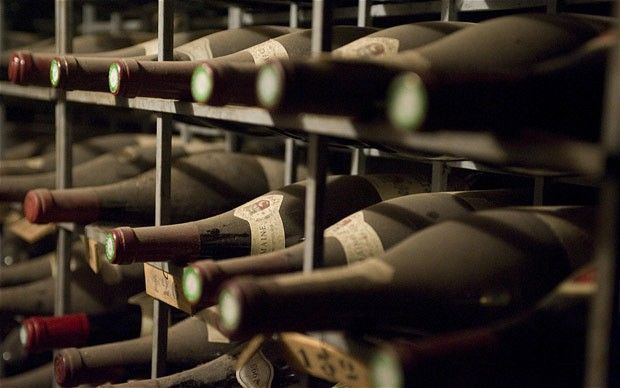Having access to data through a computer management system is one thing, being able to use it and apply its learnings back into your business is what makes a dedicated wine platform potentially so effective, claims Nick Martin of Wine Owners.
Tell us about your background and how you set up Wine Owners?
Having spent 26 years in the corporate world of information, publishing and tech – during which time my wine enthusiasm and collection had burgeoned – my co-founder and I saw an opportunity within the fine wine market to develop industry-specific, own-branded software that reinforced customer relationships and enabled wine businesses to be more efficient and connected.
Our first release back in 2013 was a consumer platform for collection management integrated with a peer-to-peer exchange, and that’s what most of the wine trade will know us for. Yet earlier that year we had already deployed a reserves management solution for the prestigious London merchant, Corney & Barrow.
Our approach was to provide white-labelled, highly configurable, customer facing software that joined up businesses with customers.Our model from day one was software as a service (Saas: SaaS describes software that’s provided on demand from cloud servers and meets a set of given purposes e.g. running a fine wine business, operating a warehouse).
Over time, our SaaS platform broadened, as businesses approached us to solve their wine-specific challenges.
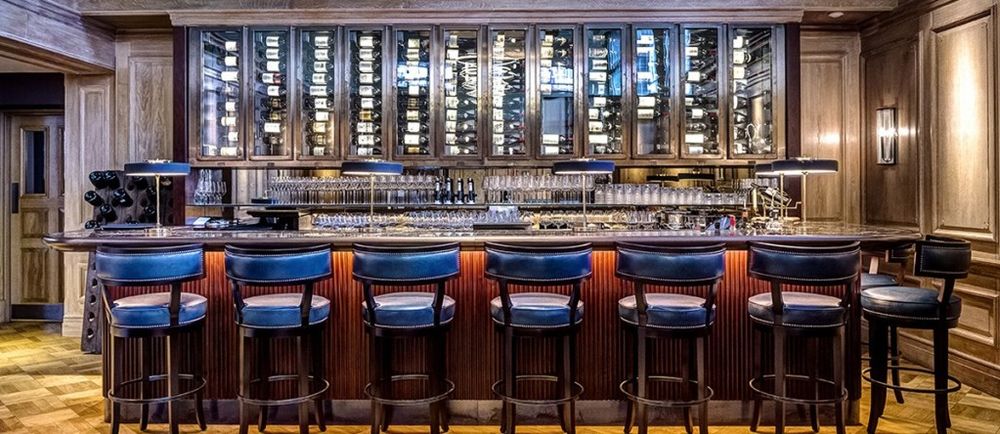
The back office systems at 67 Pall Mall are part run by Wineowners
As a result we developed inventorying capabilities with 67 Pall Mall; a wine warehouse management solution with Western Carriers (one of the largest and most admired warehouses in North America); self-directed brokerage with The Wine Cellarage in New York; and the Hub wine merchant/ retail solution with a number of SME wine trading businesses.
Today our SaaS business accounts for the majority of our income. We are a team of 14 workingprincipally from offices in central London.
The platform manages $2bn of fine wine, 19,000 inventories, 350,000 plus wine references and is used throughout Asia, North America and Europe.
What are the key management and technology services you are looking to offer the wine trade?
SaaS platform solutions that are engineered from the ground up for fine wine businesses and wine services companies. We serve the needs of retailers, merchants, warehouses, the on-trade and other services businesses involved in fine wine.
Our range of solutions, developed exclusively for the wine trade over the last eight years, now include:
- Fine wine merchant/ retailer business software.
- Fully integrated e-commerce and point of sale options.
- Warehouse management software.
- Private client reserves management/ collection management.
- Self-directed brokerage.
- Secondary market trading exchange.
- Multi-channel selling.
- Inventorying and wine list solutions.
All of our solutions are underpinned with referential wine data and associated must-have content, which saves so much time compared with the endless trawling of data that typically goes on in our market and ties up resource.
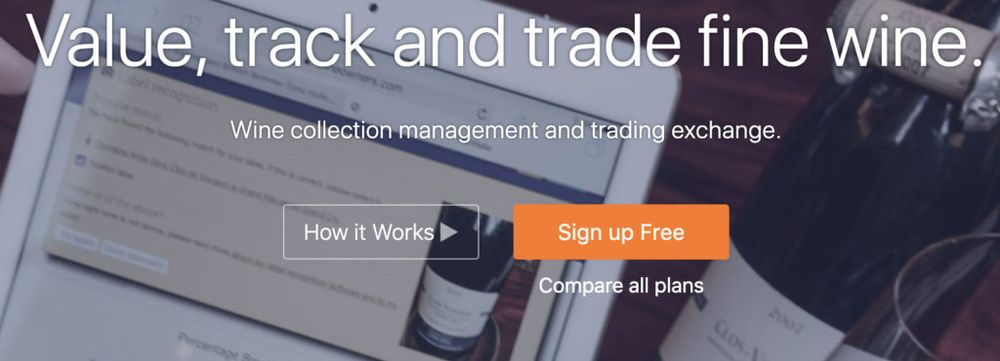
Why do you think your technology and systems are so well suited to the needs of the wine trade?
In three words. Fitness for purpose.
We focus entirely on the needs of the fine wine market. We engineer for all the differences that make our sector different to most others, with absolutely no constraints in respect of inventory management where many of the most profound differences with other sectors are.
Fine wine is a step too far for generic software, and requires specific functionality to cope with different scenarios e.g selling en primeur, future deliveries stored in different countries, filling allocations directly from purchase orders, selling wine provided on virtual stock feeds that subsequently generate a purchase order (not the usual sequence).
General business software lacks an industry specific reference database that slows down data entry, and demands a substantial effort from the merchant to collect and enter the same information repeatedly.
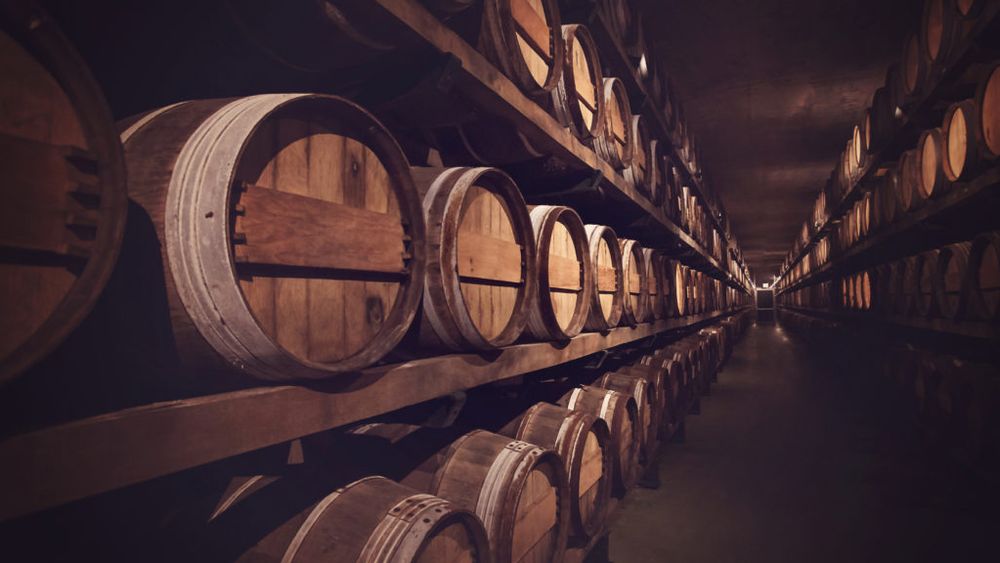
Wine cellar with a row of barrels, Austria
State of the art
We combine specialism with a state of the art online SaaS platform that reduces cost of ownership, improves availability and security, keeps you up to date with the latest version without painful upgrades, gives you access to road-tested new features and makes the notion of outdated software obsolete – no more reinvestment cycles!
Cost
There is an expense to bending generic software into fine wine shape. That’s why general business software is expensive by the time value added resellers have adapted a platform to make it work for fine wine. Higher pricing in this case doesn’t mean you’re getting more for your money. As one of our clients said to us recently: ‘we don’t want to adapt to software – we want it to adapt to us’. With generic software that’s just not possible without compromises.
Data and insights
Information, rich media and insight are transforming business. Very few industry specific solutions include market data, and on a sufficiently detailed basis, to be able to leverage use of the information through all customer touch points and internally to drive insights and recommendations. There are significant time-savings to be gained by not having to rekey data, and mastering all information and content in one system.
The fine wine market hasn’t yet adopted the data-led approach of other retailers, yet in a hyper-competitive market there is value in doing so. A business can uncover more opportunities to sell and make money through derived insights that present choices of what to do with different stock positions.
Your new service is called The Wine Hub. Explain how you have tailor made this for the wine industry?
The Hub is the latest platform release that operates at the heart of a wine business, equally adept at the software fundamentals intended to simplify the day to day running of core operations, as it is at orchestrating an ecosystem that’s both omnichannel and multichannel.
Or put simply, the Hub connects a business to its sources of supply and to its channels to market.It connects to your e-commerce or can be provided with pre-integrated e-commerce and POS (Hub Webshop).
The Hub is a SaaS platform:

- Built from the ground up to manage the specific needs of the fine wine sector
- Built upon a powerful referential database of fine wine products and associated information
- Able to manage all stock and transaction types that occur in the fine wine industry
- Integrates via APIs with other software and services that a fine wine business may utilize to be operationally effective.
- Provides seamless connections to a growing range of channels available in the digitizing fine wine market.
- Utilities for connecting up warehouses and suppliers in those cases where they don’t operate APIs.
Have you worked with companies in the wine industry to help you fine tune what you can offer?
We have – and we are! In the UK, the US and Asia.All our SaaS platform solutions are configurable, so it’s important to understand the different priorities between wine businesses, trading models, compliance and jurisdictions so that these can be built into platform configurability. Development is a long-term commitment evidenced by the big investments we make every year in R&D.
Could you give a couple of examples of what your management systems can do and help in the day to day running of a wine business?
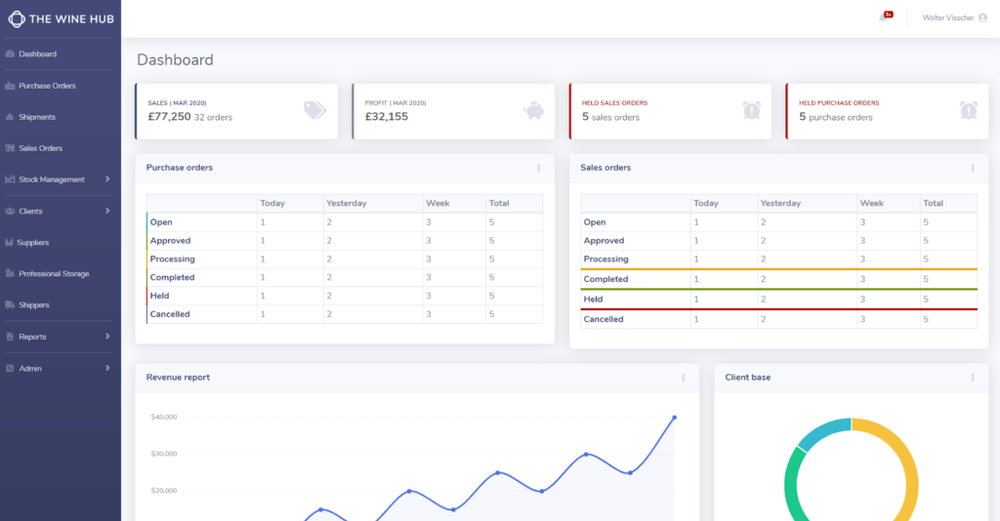
The platform is set up to be flexible to a merchant’s needs
The platform applies to all core business activities from purchasing, through inventory management, generating sales orders, driving e-commerce or another type of online presence and customer management.
Better organisation and efficiencies with streamlined core business processes that deliver a consistent customer experience. A growing business needs to manage a multitude of tasks. Activities such as purchased wines due for payment, warehouse arrivals and reconciliation, customer allocation and deliveries – integrated processes that properly track these tasks underpin excellent customer service and result in repeat buying and an improved share of wallet. Without workflow management these activities are more time consuming, less predictable, undermine client trust and can hinder business development.
Managing a website is a significant overhead for many wine businesses, demands constant content updates, and real time integration with your inventory for e-commerce. All of which can get expensive.The Hub Webshop gives you a fully integrated option where stock and margin information, and wine content generally is mastered on the Hub and feeds into the webshop. Other advantages include advanced search capability and our substantial referential wine database.
Which sort of wine business is ideally placed to use your management systems and benefit from them?
Retailers and merchants (from small owner operators to large organisations), warehouses, auction houses, and fine wine centric hospitality businesses and institutions.
Small and medium sized businesses can take the Hub ‘out of the box’, and add on additional functions and services as they grow. Larger organisations can configure a specific solution to manage their whole business.
You talk about “unlocking your growth potential” – what do you mean by that?
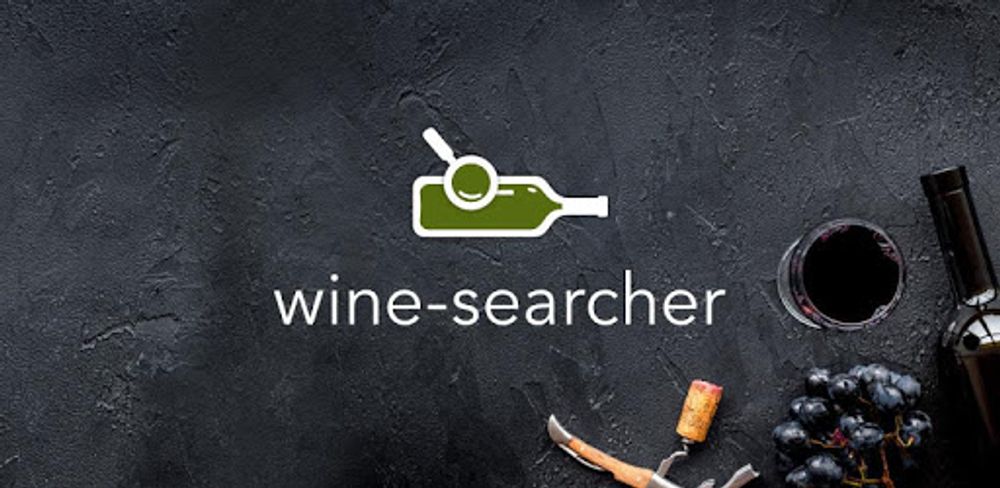
If you are using and relying on Wine-Searcher and similar services Wineowners says it can make them part of your overall sales strategy
Selling more, reaching new markets and delivering a consistently good customer experience. Sell more by extending your market reach through multi-channel sales functionality. First off, we can provide a pre-integrated e-commerce website that feeds directly off the Hub’s inventory, margin calculation and price data.
Concurrently you offer for sale on Liv-ex or match to best bids, our own trading exchange and listing on Wine-Searcher. Looking ahead, marketplaces and other Hub retailers and specialist online operators can become part of your overall sales and marketing channels strategy.
Grow your deliverable inventory and top line sales without the cost of carry, with importer/ wholesaler functionality that connects you to their stocks and enables you to keep that inventory up to date, with optimal market pricing and margin tools.
How can your systems help a business find new customers?
In a number of ways. Real-time website/ e-commerce inventories along with a frequently updated feed into Wine –Searcher.
Multi channel selling gets you in front of a wider addressable market. That includes listing on other platforms and marketplaces. Anyone who’s tried to do this before without a platform that’s designed for it knows how easy it is to double sell and those mistakes are costly. So the desire or ambition to sell through different sales channels to reach new customers is there, but it’s a nightmare to administrate with pre-existing software.
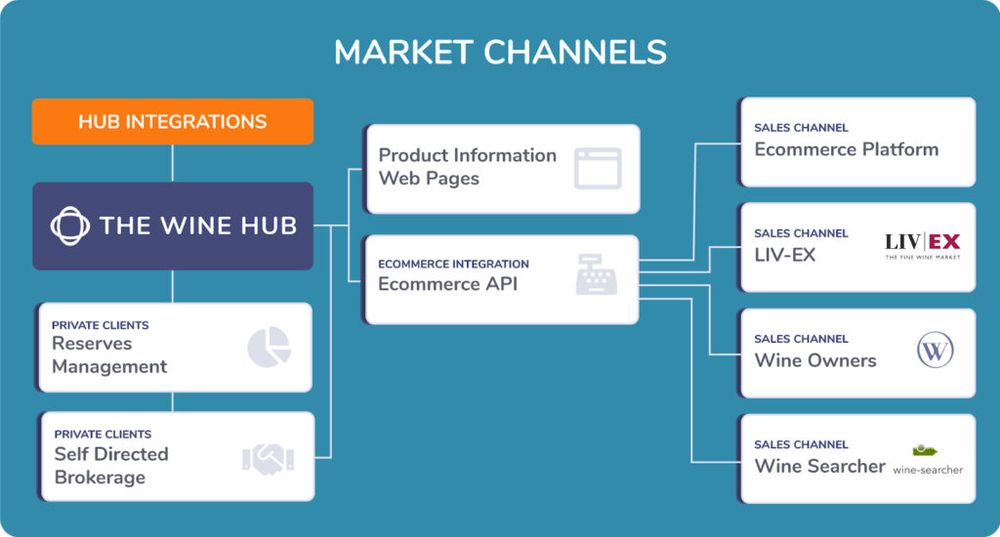
The system can plug into other third party sites for added functionality
Is the idea with Wine Hub you can bolt on additional services and tools as you go?
Yes exactly, so the Hub, together with your preferred accounting package that we integrate with, gives you a core business system. From there, aside from the many API integrations you can switch on, you can also add on:
- ecommerce with Hub Webshop
- private client reserves management
- self-directed brokerage
- importer/ wholesaler function
- multi-channel selling capability
- warehouse management
Do you sell a one size fits all or can you adapt it to your needs?
It’ll adapt to your needs, such as configuring your own dashboard, defining stock types that are relevant to you, and the range of additional services/ add-ons do shape powerful business-specific solutions.But the great thing about the Hub is that you can get going without any upfront costs; so for a standard, out of the box deliverable that’s already adapted to the fine wine industry it’s very easy to get started.
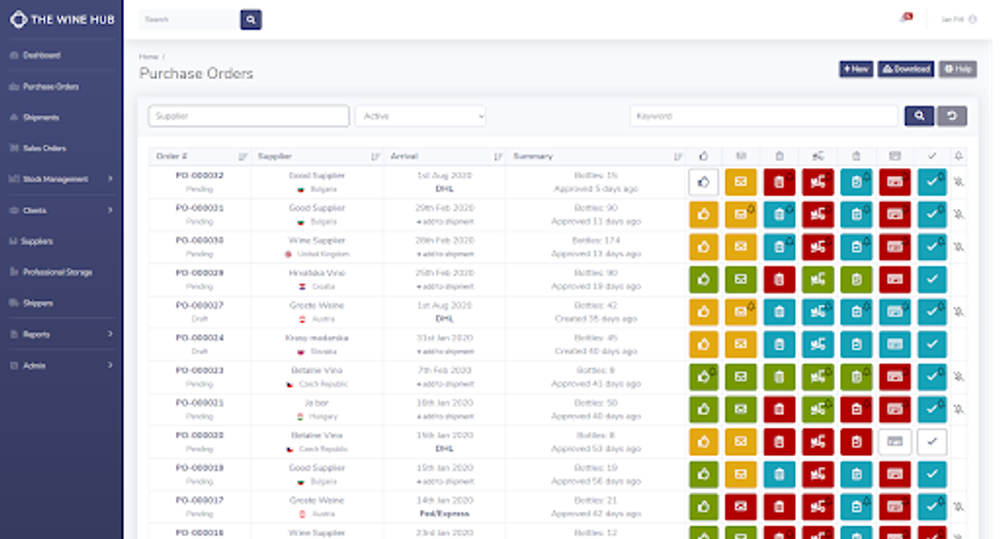
You can add and take away functionality as you go
If so what new tools down the line do you envisage becoming part of Wine Hub
There’s already a sizeable development pipeline planned for the Hub including a market data insights release. With the early adopter base growing so will that pipeline and that’s the beauty of a SaaS platform – everyone benefits from best practise and the collective needs of the industry.
What sort of questions would you recommend businesses asking themselves before deciding on the kind of management system support they should invest in?
- How do the ways in which I currently operate hold me back from what I’d like to achieve?
- Does my current business software actually support my business and my customers in the ways I need it to, or have I had to compromise to fit with it?
- How big is the current administrative overhead in my business? How many tasks, and of what kind, do I duplicate, or are simply overly time-consuming, and what could I do with the time or freed-up resource if many of these were systemized?
- To what extent do I actually want to grow my business?
- Thinking about my future plans for developing the business, what support will I need to realize those plans?
- Does my existing software give me a future-proofed roadmap in respect of those plans?
Is the bottom line here investing in management systems that will allow you to have a much closer, informed and rewarding relationship with your key customers?
Absolutely, but it goes further than that. Return on investment comes from developing key relationships (existing customers and new ones), being well organised and efficient, and being better able to respond to market opportunity. A good business platform must help a business to put their ideas into practise and allow them to be innovative. All of which contributes to building the future value of a company.
- If you would like any more information then contact Nick Martin on nick.martin@wineowners.com.
